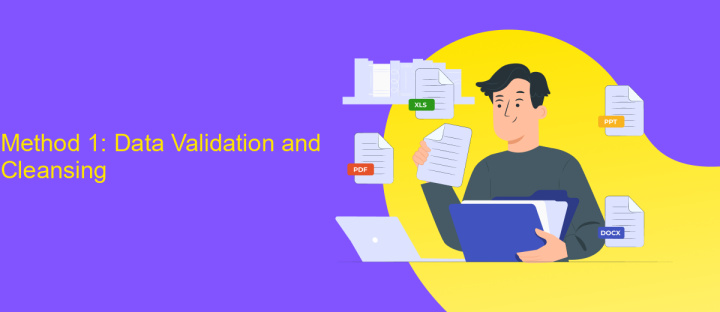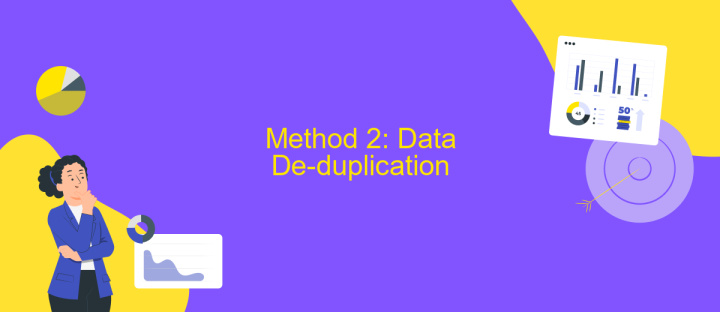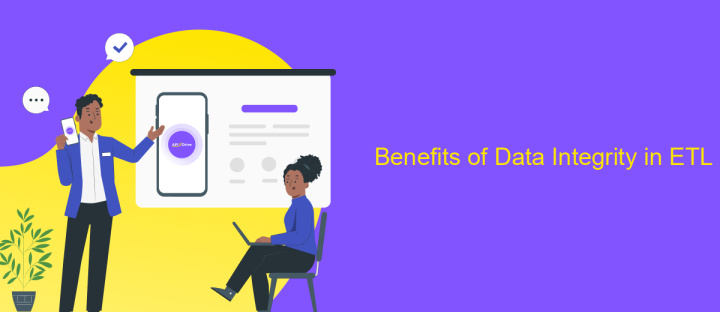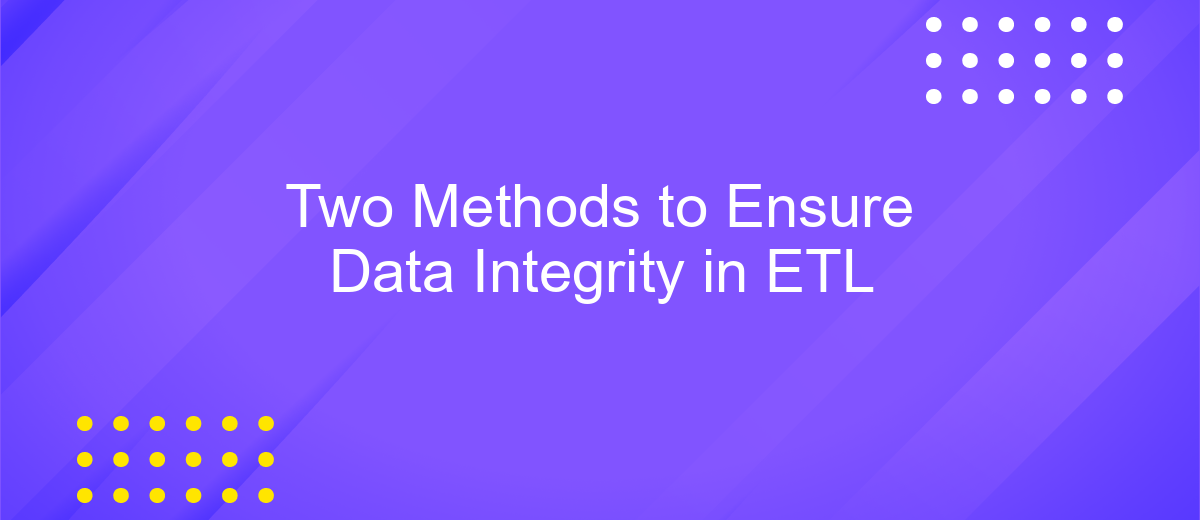Two Methods to Ensure Data Integrity in ETL
Ensuring data integrity in ETL (Extract, Transform, Load) processes is crucial for maintaining accurate and reliable information in data warehouses. This article explores two effective methods to achieve this goal: implementing robust validation checks and employing data reconciliation techniques. By adopting these strategies, organizations can minimize errors and ensure that their data remains consistent and trustworthy throughout the ETL pipeline.
Introduction
Ensuring data integrity is a critical aspect of any ETL (Extract, Transform, Load) process. Data integrity guarantees that the data is accurate, consistent, and reliable throughout its lifecycle. Without proper measures, data can become corrupted, leading to inaccurate analytics and business decisions. This article discusses two effective methods to maintain data integrity in ETL processes.
- Checksum Verification: By generating and comparing checksums before and after data transfer, you can detect any discrepancies that may indicate data corruption.
- Automated Monitoring Tools: Utilizing automated tools like ApiX-Drive allows for real-time monitoring and alerting, ensuring immediate detection and resolution of any data integrity issues.
Implementing these methods can significantly bolster the reliability of your ETL processes. Tools like ApiX-Drive not only facilitate seamless integration but also offer robust features for monitoring and maintaining data integrity. By adopting these strategies, businesses can ensure that their data remains accurate and trustworthy, ultimately leading to better decision-making and operational efficiency.
Method 1: Data Validation and Cleansing

Data validation and cleansing are critical steps in ensuring data integrity during the ETL process. Data validation involves verifying that the data extracted from source systems meets predefined criteria and is accurate, complete, and consistent. This can be achieved through various techniques such as format checks, range checks, and consistency checks. For instance, ensuring that dates are in the correct format or that numerical values fall within an expected range can prevent errors from propagating through the ETL pipeline.
Data cleansing, on the other hand, focuses on detecting and correcting errors and inconsistencies in the data. This process may involve removing duplicate records, correcting misspellings, and standardizing data formats. Tools like ApiX-Drive can facilitate this process by automating data integration and transformation tasks, ensuring that the data is clean and ready for analysis. By implementing robust data validation and cleansing procedures, businesses can maintain high-quality data, leading to more accurate insights and better decision-making.
Method 2: Data De-duplication

Data de-duplication is a critical step in ensuring data integrity during the ETL process. This method involves identifying and removing duplicate records from the dataset to ensure that each piece of data is unique and accurate. By doing so, businesses can avoid inconsistencies and errors that may arise from redundant data entries.
- Identify duplicate records: Use algorithms or tools to scan the dataset for duplicate entries based on predefined criteria such as unique identifiers, email addresses, or other key fields.
- Remove duplicates: Once duplicates are identified, remove them from the dataset to ensure that only one instance of each record remains.
- Validate the dataset: After de-duplication, validate the dataset to ensure that the remaining records are accurate and complete.
Using integration services like ApiX-Drive can simplify the de-duplication process by automating the identification and removal of duplicate records. ApiX-Drive offers robust data integration features that can help streamline the ETL process, ensuring data integrity with minimal manual intervention. By leveraging such tools, businesses can maintain a clean and reliable dataset, which is crucial for accurate data analysis and decision-making.
Benefits of Data Integrity in ETL

Ensuring data integrity in ETL processes is crucial for maintaining the accuracy and reliability of data as it moves from source to destination. High data integrity ensures that the information remains unaltered and consistent during extraction, transformation, and loading phases, which is essential for making informed business decisions.
One of the primary benefits of data integrity is the prevention of data corruption and loss. By maintaining high standards of data integrity, organizations can trust their data to be accurate and complete, reducing the risk of errors in reporting and analysis. This leads to better decision-making and more efficient business operations.
- Improved data accuracy and reliability
- Enhanced compliance with regulatory standards
- Increased trust in business intelligence reports
- Reduced risk of data breaches and fraud
- Streamlined data integration processes
Using tools like ApiX-Drive can further enhance data integrity by automating the integration process and ensuring that data is accurately transferred between systems. ApiX-Drive provides a reliable platform for connecting various data sources and destinations, minimizing the risk of errors and ensuring data consistency throughout the ETL process.
- Automate the work of an online store or landing
- Empower through integration
- Don't spend money on programmers and integrators
- Save time by automating routine tasks
Conclusion
Ensuring data integrity in ETL processes is crucial for maintaining the reliability and accuracy of data-driven decisions. By implementing robust validation mechanisms and employing comprehensive auditing techniques, organizations can significantly reduce the risk of data corruption and ensure that their data remains consistent and accurate throughout the ETL lifecycle.
Incorporating automated integration services like ApiX-Drive can further enhance data integrity by streamlining data transfers and providing real-time monitoring and error handling. These tools not only simplify the integration process but also offer additional layers of security and reliability, making them invaluable for any organization looking to optimize their ETL workflows. By leveraging such technologies, businesses can ensure that their data remains a trustworthy asset, driving better insights and outcomes.
FAQ
What are the two primary methods to ensure data integrity in ETL processes?
Why is data validation important in ETL?
What tools can be used for data reconciliation in ETL?
How can automation help in maintaining data integrity in ETL processes?
What are some best practices for ensuring data integrity in ETL?
Routine tasks take a lot of time from employees? Do they burn out, do not have enough working day for the main duties and important things? Do you understand that the only way out of this situation in modern realities is automation? Try Apix-Drive for free and make sure that the online connector in 5 minutes of setting up integration will remove a significant part of the routine from your life and free up time for you and your employees.


